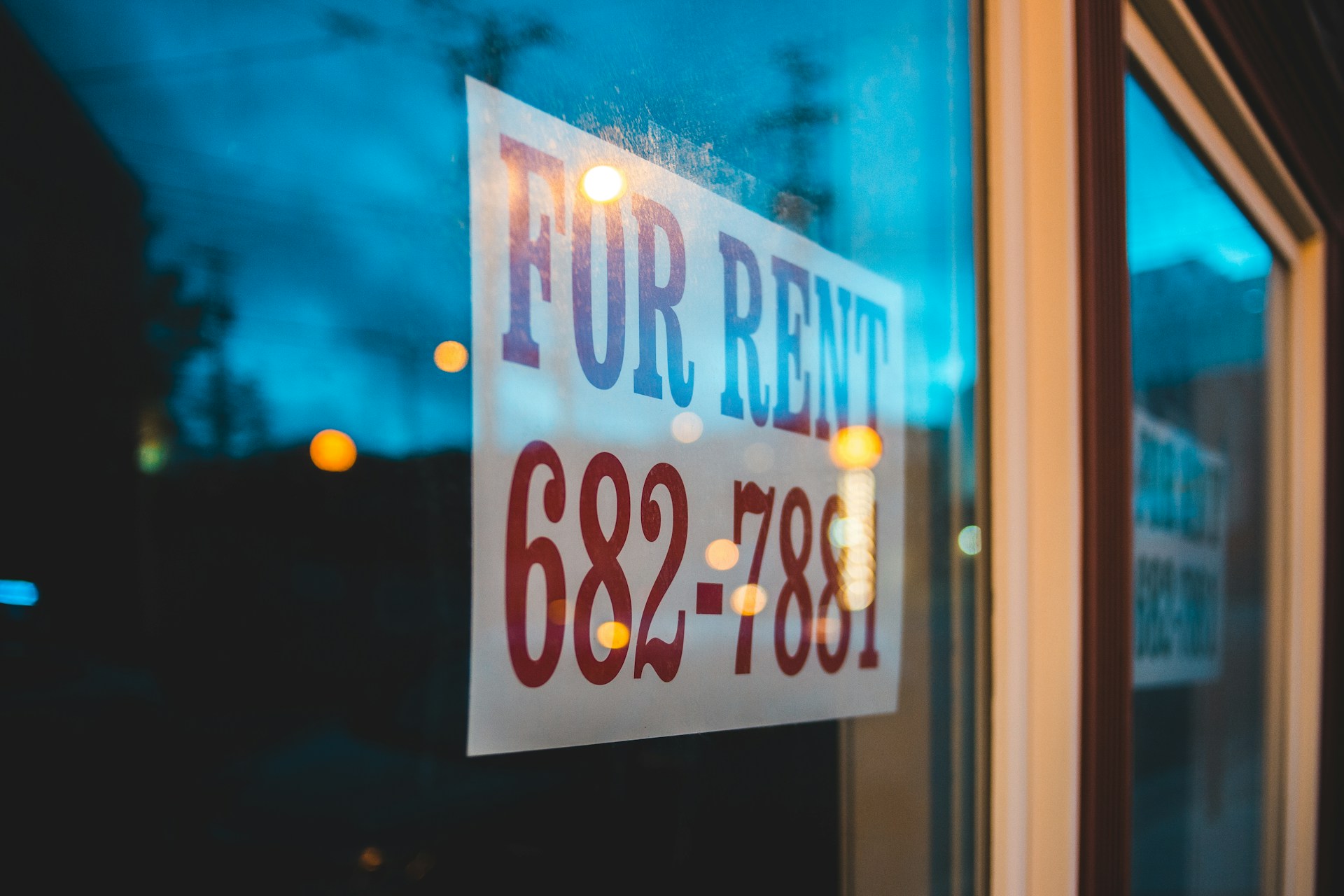Tenancy Law Explained in an Understandable Way: The 10 Most Important Questions for Tenants and Landlords
Telgte tenant lawyer: Answers to recurring problems such as termination of the apartment, deposit, general tenancy law questions, German tenancy law

With several years of experience as a lawyer, I have professional expertise and the necessary knowledge to effectively solve your legal concerns.

Your Rights in Tenancy Law — Answers to Common Questions & Clarification of These Common Legal Problems in Tenancy Law from the Lawyer from Telgte
Question 1
Can the Landlord terminate and remove the tenant from the apartment without good reason?
Response
Apartment tenants have strong legal protection against dismissal. For the termination to be effective, the landlord absolutely needs a legally recognized reason for termination — for example in the event of a prolonged rent arrears or significant breaches of contract (e.g. unauthorized subletting, insulting the landlord or denying important access for no reason). An unproblem-paying tenant who adheres to the contract must fear in particular personal use (see “Termination by the Landlord”). If there is any doubt as to the legality of a termination, you should have the termination legally reviewed. The Landlord may never put the tenant outside the door on his own authority, even if he believes that the termination is effective. An eviction is only permitted with a court eviction order. Otherwise, the Landlord regularly commits a criminal offense (Trespass).
Question 2
Can a landlord require a deposit and a rental guarantee at the same time?
Response
In principle, it is up to the contracting parties to decide which rental securities they agree on in the rental agreement. Both deposit and guarantee are allowed. However, the landlord may only demand what is effectively specified in the rental agreement. According to Section 551 (1) BGB, the total amount of rental security must not exceed three times the monthly rent (i.e. excluding operating costs). Agreements that exceed this limit are ineffective. The tenant could then conclude the contract, but later claim the ineffectiveness of the excessive rental security and demand repayment.
Question 3
As a tenant, do you have to agree to a tiered rent if this is provided for in the rental agreement?
Response
A tiered rent exists when the monthly rent automatically increases by a certain amount after a clearly defined period of time. The Landlord may only demand this if it is expressly and effectively regulated in the rental agreement. According to Section 557a of the German Civil Code, it is mandatory, among other things, that the rent remains unchanged for at least a full year and that each increase level is calculated in advance. However, the tiered rent clause often fails due to formal errors. If the agreement is ineffective, the initial rent continues to apply. Don't pay wildly in the belief that you have to pay, but have your clause checked for effectiveness! You can easily send us everything via our onboarding tool and promptly receive a written expert opinion as to whether your landlord can claim more money!
Question 4
Does the Landlord Have the Right to Keep a Key to the Rented Apartment?
Response
After handing it over to the tenant, the landlord generally has no right to store a key himself. The tenant alone decides who gets access to the apartment. However, in order to be prepared for possible emergencies — such as bursts in pipes or fires — it is advisable to deposit an apartment key with trusted persons (such as neighbors or friends). Feel free to let the landlord know who he can contact in urgent situations without him having to have a key himself.

Question 5
When can the landlord withhold the rental deposit in full or in part?
Response
During the current rental agreement, the landlord may withhold the deposit if this has been effectively agreed in the rental agreement. After the end of the rental agreement, however, he must settle the deposit including interest within a reasonable review period. This is often referred to as a period of approximately one month after the return of the apartment. The Landlord May Then, Among Other Things, Set Off His Own Claims (e.g. Outstanding Rent Arrears or Compensation) or Withhold an Appropriate Amount for Outstanding Operating Cost Statements. However, the same does not apply indefinitely: Excessive and unjustified withholdings are prohibited, in particular if the tenant usually has operating expenses from the past.
Question 6
How far can the Landlord go to prohibit keeping pets?
Response
The regulation in the rental agreement is decisive. Nevertheless, blanket bans on all animal species are ineffective. Small animals that do not cause noise or damage may be kept in reasonable numbers without permission (e.g. ornamental fish, hamsters). Wild or dangerous animals always require a permit. Dogs and cats are often more problematic in practice. Here, it is advisable to check with the Landlord in Advance. General bans are usually ineffective, but if they are enacted, a legal review is worthwhile in cases of doubt.

Question 7
Under what conditions is the tenant obliged to renovate?
Response
The Landlord can only successfully impose cosmetic repairs (e.g. painting walls and ceilings) on the tenant if this is effectively regulated by contract. Rigid deadline clauses or detailed implementation requirements (e.g. painting white, certain wallpapers) make the clause ineffective. In the same way, if the apartment was originally handed over unrenovated, the tenant may not be obliged without consideration. If the renovation obligation proves ineffective, there is no need to delete it. There is only an exception if the tenant himself has caused significant damage as a result of his conduct. More about this can be found in the “Settlement of the Rental Agreement” section.

Question 8
Can the Landlord visit the apartment at any time?
Response
The Landlord has no general right of inspection whenever he wants. Only in real emergencies, such as a fire or burst pipe, it may occur without consent. Otherwise, he must ask for permission and state a specific, justified reason (e.g. reading of measuring devices, necessary repairs, prospective buyers, new tenants). The appointment should be announced early — usually 10 to 14 days before the desired visit. If the tenant refuses access for no reason, he risks termination. On the other hand, he may well reject unauthorised access requests.
Question 9
Is the Landlord allowed to simply turn off the tenant's electricity?
Response
A supply freeze is generally not permitted during a current rental relationship. One of the Landlord's main obligations is to provide the tenant with the apartment and the necessary supply (electricity, water, heating) in accordance with the contract. Even when paying rent, the landlord may not cut off the electricity on his own authority in order to exert pressure. Even after the rental contract has ended, it is only possible to switch off the power supply in exceptional cases. If no amicable return of the apartment is successful, the landlord must comply with the legal process.

Question 10
Why is proof of receipt so important when writing tenancy law?
Response
In tenancy law, it is often important that certain declarations — such as terminations or complaints — reach the landlord not only in good time but also verifiably. Without reliable proof of service, there is a risk that important allegations will fail in court due to lack of evidence. While there may be no witnesses in oral agreements later on, a written document (letter, e-mail, fax) offers significantly better evidence, especially if it was verifiably delivered (e.g. by registered letter). In this way, in the event of a dispute, it can be credibly proven that the landlord was informed in good time and had to comply with the legal procedural rules.

Cover image: Photo by Erik Mclean upon Unsplash
Weitere Artikel entdecken
There is no alternative to your right.
Together, we will enforce it.
Book your initial legal consultation now and work with me to secure an ally for your rights.
In emergencies (judicial search order, arrest, urgent applications, etc.), we are available 24/7 at the number with the ending -24
(Use this number for genuine emergencies only
- use the number ending with 02504 98799-0 for general inquires)









